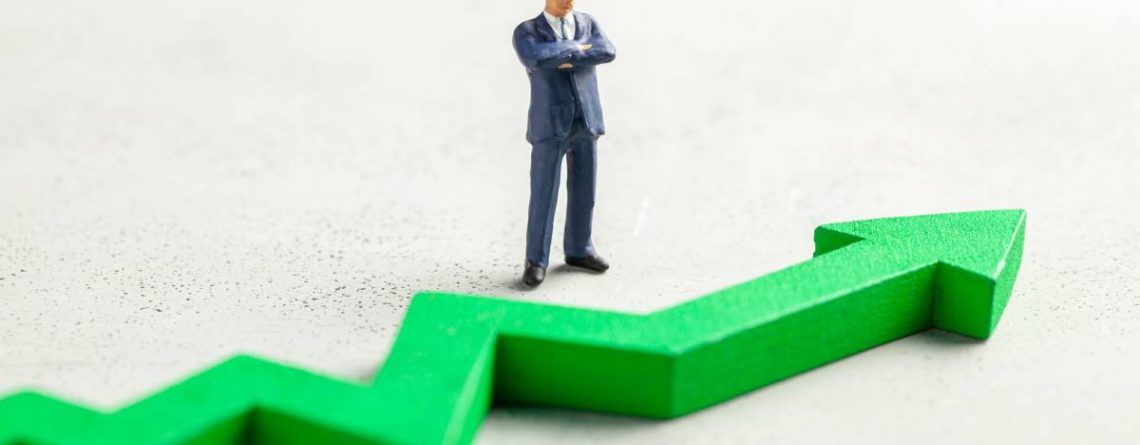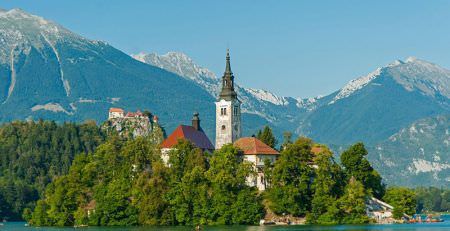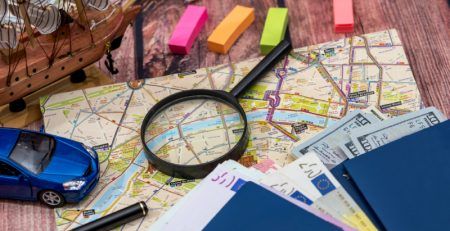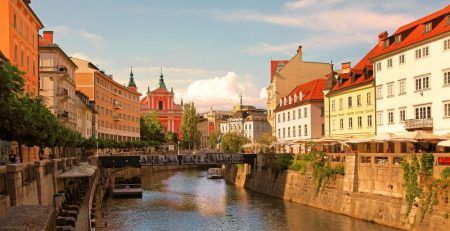Business costs – basics
It is very common to think that business costs reduce profits. However, there are specific factors that determine their amount and value. Therefore, how do we define business costs? Don’t worry! In this article we will look at the costs of materials and services that companies (small and micro) and sole traders usually claim. In general, books of accounts usually keep the business costs. This most often comes as an invoice from a seller of materials, goods or services. For that matter, we at DATA have excellent accounting and tax advisors. If you need advice, please contact us on +386 40 530 718 (Viber/WhatsApp)! Or just send us an email on data@data.si!
Start your own business in Europe now!
What defines costs?
In essence, the Slovenian Accounting Standards (SNA2016), and particularly the Standard 12 (Cost of Materials) and Standard 13 (Labor and Compensation Costs) define the costs. Expenses that also reduce profit are set out in Standard 15. Standard 1 (property, plant and equipment) defines the depreciation as an expense. Also, Standard 10 defines the provision charges as operation expense. Do you have a company and you need experts to help you? However, you don’t know who to contact? Contact DATA! We can do that for you! Just contact us! We can help you register your company in no time!
Call us on +386 40 530 718 (Viber/WhatsApp)
Material costs
Generally, there are many business costs that determine your activities. In short, most important and frequent are the material and cost of services. To demonstrate, we will write some of them. However, other costs can appear that are not on the list. Business activities vary. As a result, there can be different costs with different amounts. To point out, it depends what type of company you have and how big it is. However, those are not the only two factors that define the costs. So, to continue, some of the material costs include:
- Raw materials, basic materials and goods;
- Additional material costs;
- Energy costs;
- Cost of spare parts for fixed assets and maintenance materials for fixed assets;
- Write-off of small inventory and packaging;
- Resolution of material and small inventory costs due to inventory differences;
- Cost of office supplies and literature;
- Other material costs
The feature of material costs is the expense within the financial year and impact on the on the reduction of the company’s profit or loss. Are you an owner of a company and want to migrate your business in Slovenia? Or you want to open a new business? You can do both! And DATA can help you through the whole process. Just send us an email at data@data.si and schedule a meeting!
Read more about immigration to Slovenia
Cost of services
We numbered some of the material costs. Given that, there are also some other type of costs that are fundamental for businesses. One is the cost of services. The cost of services are different than the material costs. For example, cost of services refer to the business activities. Again, costs of services depend on the type of business, the number of employees, size of business etc. We will list some of them. To this end, they include:
- Costs of services in the creation of products and the provision of services (subcontractors):
- Costs of transport services;
- Cost of services for maintenance;
- Costs of rental services;
- Payment of expenses of regular employees (business trips);
- Payment costs, banking costs, transactions costs and insurance;
- Costs of intellectual and personal services;
- Trade fair expenses;
- Marketing costs;
- Entertainment costs
- Costs of services that natural persons provide who are not self-employed, including the charges payable by the payer (employment contracts, fee contracts, sub-contracts, author’s contracts, sitting fees etc.);
- Costs of other services (utilities, student work, telephony, postal services etc.).
Start your own business in Europe now!
Impact of costs on income tax
In essence, all the business costs are also tax deductible expenses to the extent that the companies uses them for business activities. For instance, the Article 29 of the Corporate Income Tax Act (CITA-2) says that unnecessary expenses are those that:
- are not a direct condition to carry out the activity and are not a result of it;
- have a private character;
- are not in line with normal business practice
In addition, Article 30 ZDDPO-2 sets out non-tax deductible expenses. They exclude:
- costs for private life, e.g. entertainment, leisure, sport, also value added tax (of owners and related parties);
- enforced costs of collection of taxes
- fines and penalties by competent authorities;
- interest:
- from unpaid taxes or other charges;
- loans from persons who have their office or place of residence in countries or jurisdictions that have more favorable taxation of profits (tax havens).
And don’t forget to check out our free salary calculator!
Last but not least, sole traders who declare that they opt for taxation based on deductible expenditure, do not keep accounts in the broad sense. Given that, there is no need to record expenses. In any case, we believe that it is reasonable for an entrepreneur to know how the business costs influence his actual earnings. Above all, Slovenia is a country of business opportunities! Likewise, there are many advantages to run a business in Slovenia! Do you have a company and want to migrate here? DATA can guide you in the whole process! Just contact us and our experts will help you right away! Don’t wait! Start your business today! Also, please visit our Linkedin to find out more about our work!














Leave a Reply
You must be logged in to post a comment.